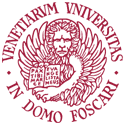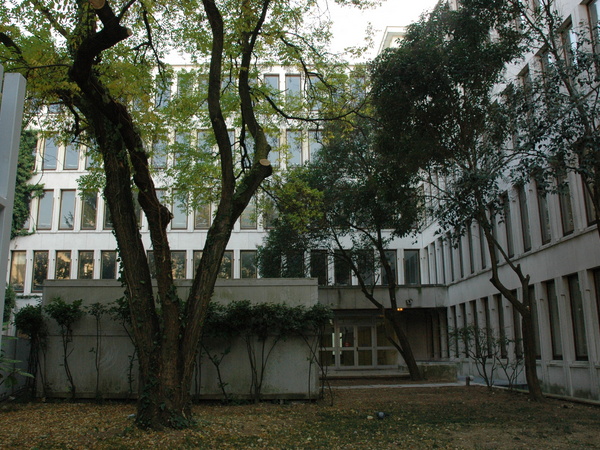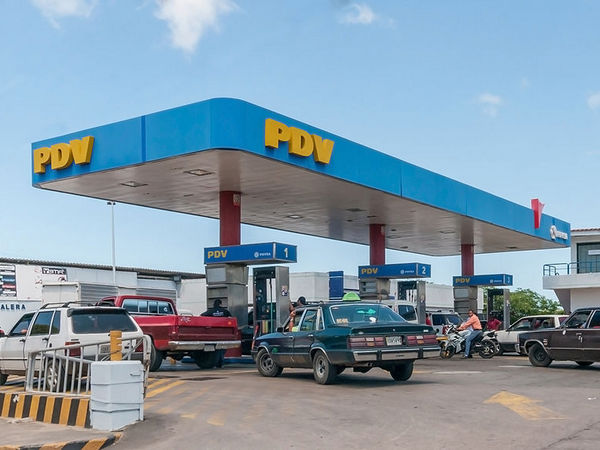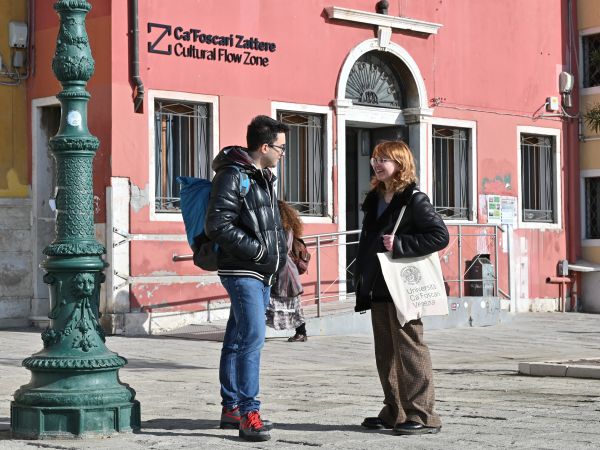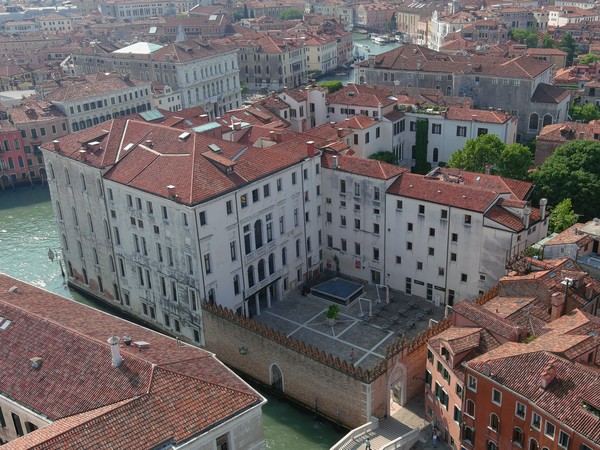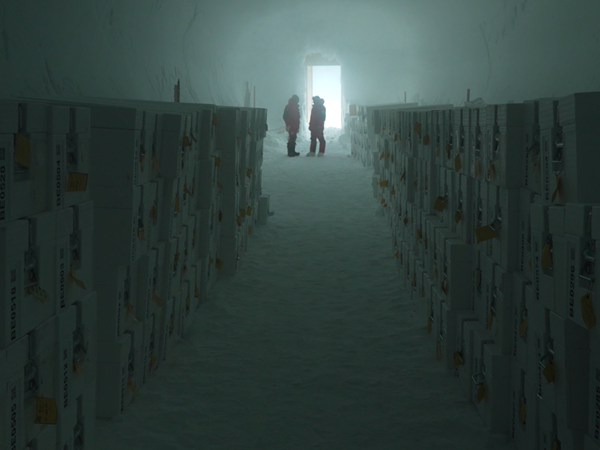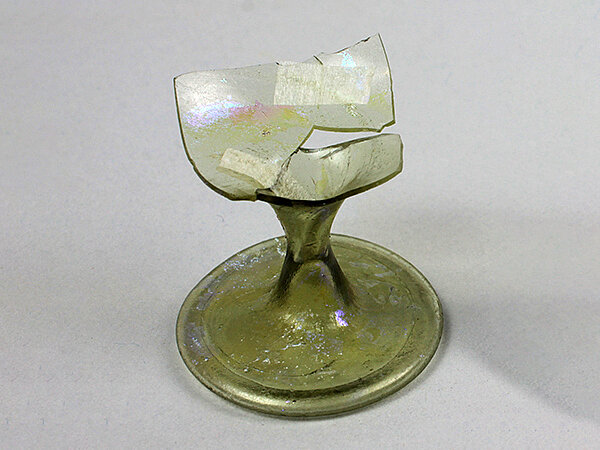Protecting Cultural Heritage During Armed Conflict: The Experiences of Two Visiting Scholars from Sudan to Venice Through the Erasmus+ ICM Project
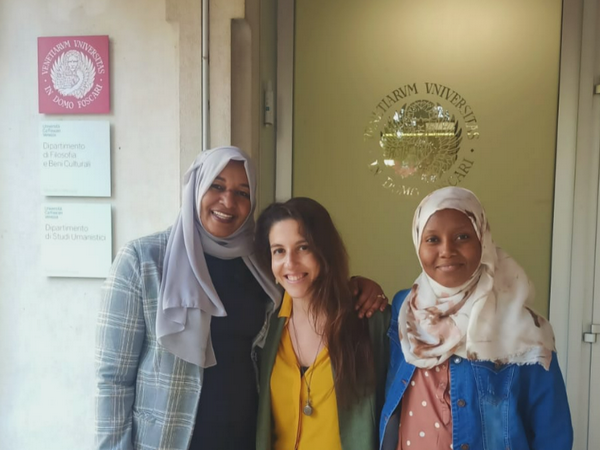
Nuha Abdelhafiz Abdelaziz Abdalla and Sara Mohammed Mamon Ahmed are, respectively, an assistant professor and a PhD student in the Department of Archaeology at the University of Khartoum in Sudan. Thanks to the Erasmus+ ICM project, they are currently in Venice for a period of study and research at Ca’ Foscari University. Sudan has been the site of a devastating armed conflict for the past two years, involving the Sudanese Armed Forces and the Rapid Support Forces (RSF), which has resulted, according to UNHCR data, in one of the world’s most severe humanitarian crises.
The presence of these Sudanese colleagues at Ca’ Foscari helps to sustain the collaboration between our university and Sudanese institutions for the protection of cultural heritage, even as the country's teaching and research activities face immense challenges due to the ongoing conflict. In some instances, universities have been closed and occupied by armed groups, and research activities — such as those at the archaeological site of Jebel Barkal, coordinated by Ca’ Foscari — have come to a halt.
“Over the last two years, I have been actively involved in efforts to protect Sudanese heritage from the risks posed by the armed conflict,” Nuha Abdelhafiz Abdelaziz Abdalla told us in an interview available here. “The most important step to protect not only the history of Sudan, but its present and future, is to stop the war immediately. Every hour passes means more violations and the loss of lives and unique heritage elements that cannot be compensated. Heritage protection is not only protection for the past, it is also a protection of the national identity and the cultural entity of Sudan. Without peace, efforts cannot be continued to preserve this heritage and inherit it for future generations.”
“Many university campuses were transformed from spaces of learning and knowledge into battlegrounds and zones of conflict,” said Sara Mohammed Mamon Ahmed in her interview here, in which she also describes how, despite the dramatic situation, some Sudanese universities have resumed academic activities with determination. “The disruption of internet services, along with the displacement of students and faculty members to safer areas within and outside Sudan, further interrupted the academic trajectory of many. The impact extended beyond universities to all educational and research institutions, particularly those located in the capital, Khartoum, where the war initially broke out. The partnership between the University of Khartoum and Ca’ Foscari University of Venice began with a cooperation agreement that was initially drafted before the outbreak of the war in Sudan. Work on the agreement continued despite numerous challenges, and it was officially signed after the war had already begun. This achievement was made possible thanks to the tremendous and sincere efforts of the Italian Archaeological Mission working at the site of Jebel Barkal, led by Prof. Emanuele Ciampini and the mission’s field director Dr. Francesca lannarilli, in collaboration with the Department of Archaeology at the University of Khartoum, represented by Dr. Mohamed El Badri (Head of Department) and Dr. Nuha Abdel Hafiz (Head of International Relations). For me personally, this opportunity came at a very difficult time. It provided a safe and stimulating environment to continue my academic research and brought me back to an educational atmosphere I had missed over the past two years”.
The Erasmus+ ICM Programme
The International Credit Mobility action of the Erasmus+ programme (the EU’s framework programme for education and training) facilitates mobility periods for study, teaching, and training between European and non-European universities, within the framework of three-year projects funded by Erasmus+ National Agencies on behalf of the European Commission.
Under the 2023 Call, Ca’ Foscari secured funding for mobility projects involving 17 countries, with a total budget of €677,250.00. The Sudan project, in collaboration with the University of Khartoum, was allocated a budget of €41,060.00. This project is part of the University’s broader strategy to foster cooperation initiatives with Sub-Saharan Africa, which, in the same Erasmus+ ICM call, also encompasses projects in Cameroon and Mozambique.
The Sudan project specifically concentrates on Sudanese archaeology, emphasising themes of conservation, protection, and digitisation of cultural heritage. This aligns with the principles of inclusion and multilingualism that have consistently characterised Ca’ Foscari and its Archaeological Mission.
Protecting Cultural Heritage in a Country at War: An Interview with Francesca Iannarilli
Francesca Iannarilli is Adjunct Professor in Egyptology and field director of the Italian Archaeological Mission in Sudan – Jebel Barkal. Safeguarding cultural heritage in a country at war is a complex undertaking that requires a multidisciplinary approach, strong political commitment, adequate resources, and close international collaboration.
Could you share the main challenges faced by cultural institutions involved in this endeavour?
The greatest difficulties at this juncture in Sudan’s history, for those of us who strive – or attempt to strive – to protect its heritage, are primarily linked to our inability to access the country. The airport in Khartoum has been destroyed, as has much of the capital, and just a week ago, the airport in Port Sudan was subjected to a drone attack. In addition to this logistical hurdle, the Italian Embassy relocated from Khartoum to Addis Ababa immediately after the conflict erupted, meaning Italy no longer has a base on the ground – and the same is true for other European countries as well.
If you work in archaeology, cultural memory, and museum heritage, you are expected to reside in the country for at least a few months each year; failing to do so significantly limits our ability to act.
One consequence of this situation is the loss of funding for excavation and conservation activities, making it increasingly difficult to cover the costs of the Mission – such as wages for Sudanese workers or inspectors, warehouse rentals for storing finds, and conservation materials.
Our collaboration with Sudanese universities and authorities – particularly the University of Khartoum and the National Corporation for Antiquities and Museums (NCAM) – remains strong and ongoing, although it is not always fruitful. This is certainly not the fault of those involved: when resources are lacking, some progress may still be made, but never enough.
What remains (if anything) of Ca’ Foscari’s excavation work in Sudan?
The Italian Archaeological Mission in Sudan at Jebel Barkal, which Ca’ Foscari has supported and funded since 2011, boasts a long history that dates back to the 1970s. Over the course of five decades, the Mission has established a dense network of connections not only in the immediate vicinity of the archaeological site (Jebel Barkal, now the city of Karima) but also in the capital, Khartoum, through collaboration with local research institutes and universities. This ongoing exchange has yielded significant results in archaeological research, particularly in education and outreach, owing to the involvement of Sudanese students in excavations, the documentation of finds, and the organisation of workshops and seminars for university departments of archaeology.
Today, two years after the outbreak of the conflict in Sudan, the site of Jebel Barkal is thankfully intact, as it is located in the northern part of the country, which has not been affected by the explosions and looting that have devastated the capital. However, the current social and political situation has also had an impact there: entire families have fled Khartoum and moved north, creating pressure on employment; the number of local tourists visiting the site each Friday continues to grow and must be managed carefully; and weather conditions are not always favourable and can have damaging effects on the site (in some seasons, the rainfall has been torrential, and many of the structures are built of mudbrick).
Thanks to the network established by the Italian Mission over the years, we have at least been able to continue essential conservation work on the structures (through funding provided to our NCAM inspector) and maintain an ongoing exchange with Sudanese colleagues (through the organisation of workshops, conferences, solidarity projects, and, above all, the Erasmus+ programme currently underway, from which Sara and Prof. Nuha are benefitting – and which will allow two more Sudanese students to join us in the coming academic year).
Are there plans in place to resume activities?
Regrettably, in such an unstable situation and given the difficulties outlined above, it is hard to envisage the reopening of the excavation site in conditions that would guarantee the safety of specialists and any students involved. At present, all we can do is maintain a constant exchange with our Sudanese colleagues and foster a productive dialogue on the possible activities we could undertake once the conflict ends, ensuring we are ready to act as soon as we are finally able to return to “our Sudan”.
